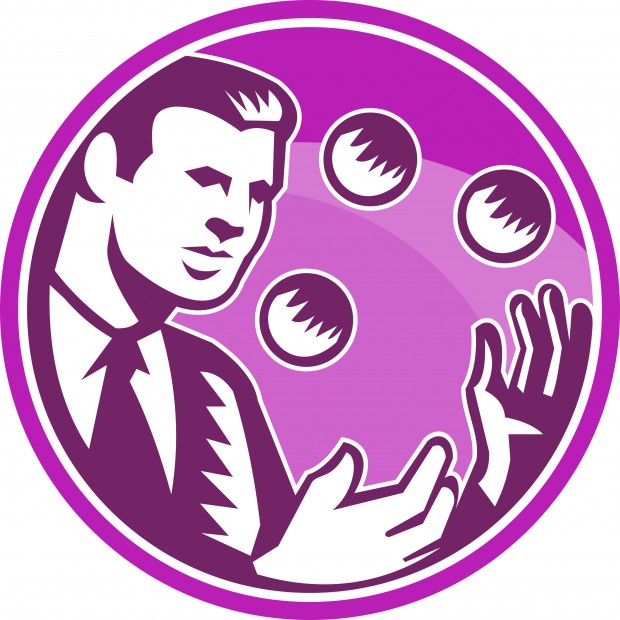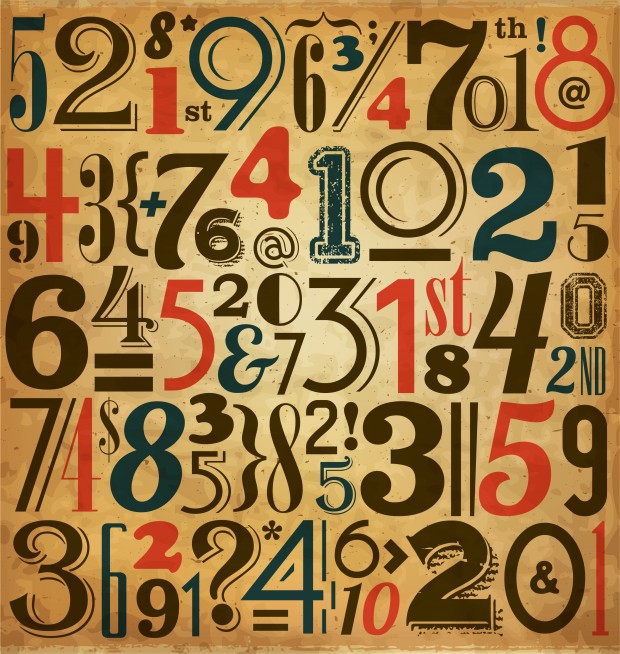I used to know this kid in Junior High School. His dream was to become a professional dancer.
He spent a lot of his time working on his moves. Later he invited me to one of his shows. He was in a dance troupe, and they were pretty impressive.
This wasn’t a normal kid. Most JHS kids don’t know what they want.
Not only did this guy have a clear idea, but he spent a lot of time practicing.
If you saw some guy walking down the street with massive arms, what would you think?
He’s got some kind of lucky genetics, and he was born with huge arms?
How about seeing some guy at a party, who can juggle sixteen things at once?
Would you assume that he’s some kind of latent gift that the rest of us don’t?
Probably not.
You’d probably assume, at least on some level, that he’s spent a lot of time practicing.
And most of the time we see somebody with a finely honed set of skills, we just assume they had a lot of practice.
But some of the most important skills, we don’t see them as practice.
We, for some reason, see them as things some people can do, while others can’t.
Like talking to strangers with confidence, or being able to give a persuasive speech.
In reality, anything that somebody else can do, you can do.
Sure, some things are easier for some people, but so what?
Yes, some people are “lucky” in that the things they are naturally good at can make them a lot of money.
You can still do the same things they can, it just will take some practice.
Sometimes a little, sometimes a lot.
Ideally, you’d find something you enjoy doing, so you’ll enjoy learning it. That way you won’t mind practicing for a few years before you get good enough to make a lot of money doing it.
But most people don’t like to hear this.
They’d rather take a magic pill or learn some ancient secret discovered in a cave in the Himalayas.
But consider this.
According to the laws of economics, something is worth a lot of money precisely BECAUSE so few people can do it.
Which means if you’re waiting for “one weird trick” to make it easy, it’s going to be the same “one weird trick” that everybody else knows.
And if everybody else can do it, it’s not going to be worth much, or be unique in any way.
The good news is that because most people are too lazy to learn, all you’ve got to do is spend some time learning.
So long as you are committed, you’ll get there.
And when you do, you’ll have a set of skills few people know about, let alone know how to practice.
Get Started:









